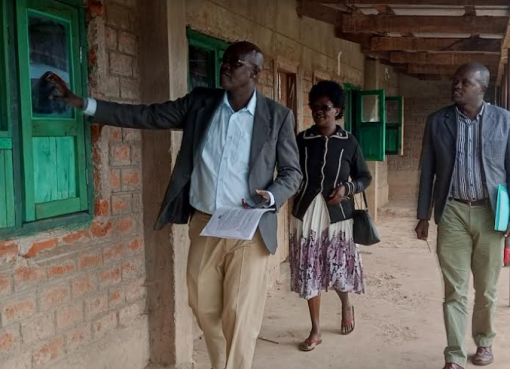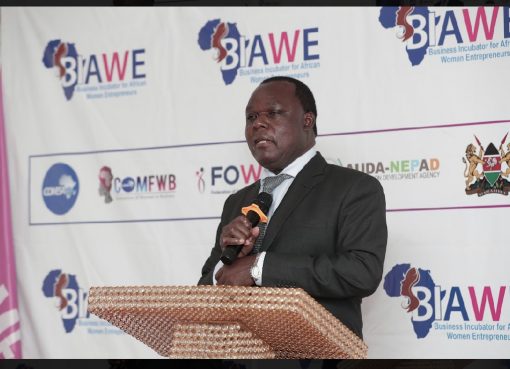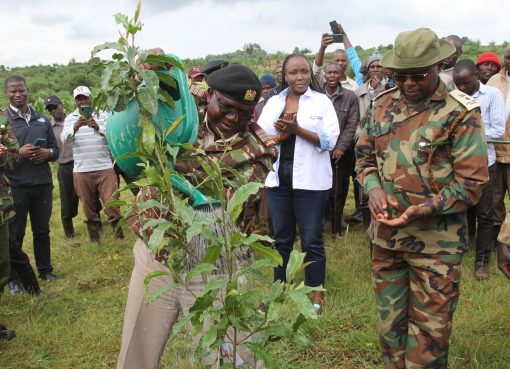The Mitumba Consortium Association of Kenya (MCAK), has called for the establishment of sorting centers in Kenya for mitumba clothes, with a view to increasing employment opportunities for the youth.
MCAK Chairperson, Teresia Wairimu, said that Kenya can grab this first opportunity to become the African hub for processing second hand garments, because we are a prime location for such a centre.
“The mitumba sector already employs two million people directly, therefore, having sorting facilities will create over 500 jobs in the related sector,” Wairimu disclosed.
Speaking at a Nairobi hotel, Thursday, during the launch of the First Trade Report that assesses the strategic importance of global second hand industry for Africa and its significance in the National Government revenue generation plans, Wairimu stated that the mitumba sector is a key revenue earner for the National Government.
“Kenya is today the fourth largest apparel exporter in Africa, the sector contributes seven per cent to the country’s net export earnings. Kenya as of now, is the largest exporter of apparel under the African Growth and Opportunity Act (AGOA), with about 600 million dollars’ worth of export,” she said.
The Chairperson urged the government to reduce import taxes, duties, VAT of the mitumba wear to enable the growth of the industry, especially after being affected by the COVID-19 pandemic.
During the launch, Wairimu announced that the report covers answers to three critical issues, including the global supply chain, dynamic of national production and supply in the textiles industry as a whole and implications for domestic policy and regulation.
Dr. Anuja Punj Prashar of Mitumba Institute and Research Center of Kenya, revealed that the purpose of the Report would describe the scale and distribution of the global second-hand clothing industry and reveal the opportunity for creating a significant environmental, economic and social impact for responsible and sustainable global consumerism.
“The second-hand clothing industry is likely to remain a continuing source of employment, tax revenues and wealth creation, as long as National Governments provide a competitive operating environment, that is conducive to the sector’s long-term development,” Prashar said.
She added that the increasing flow of cheap ‘fast fashion’ products from Asia into Africa is likely to continue undermining African domestic manufacturing of clothing, with negative consequences for employment and Gross Domestic Product (GDP).
Prashar commended MCAK and those impacting domestic production of clothing for showcasing importance of second-hand clothing to the well-being of citizens in Africa and particularly Kenya.
By Alain Christian and Teresa Rurigi





